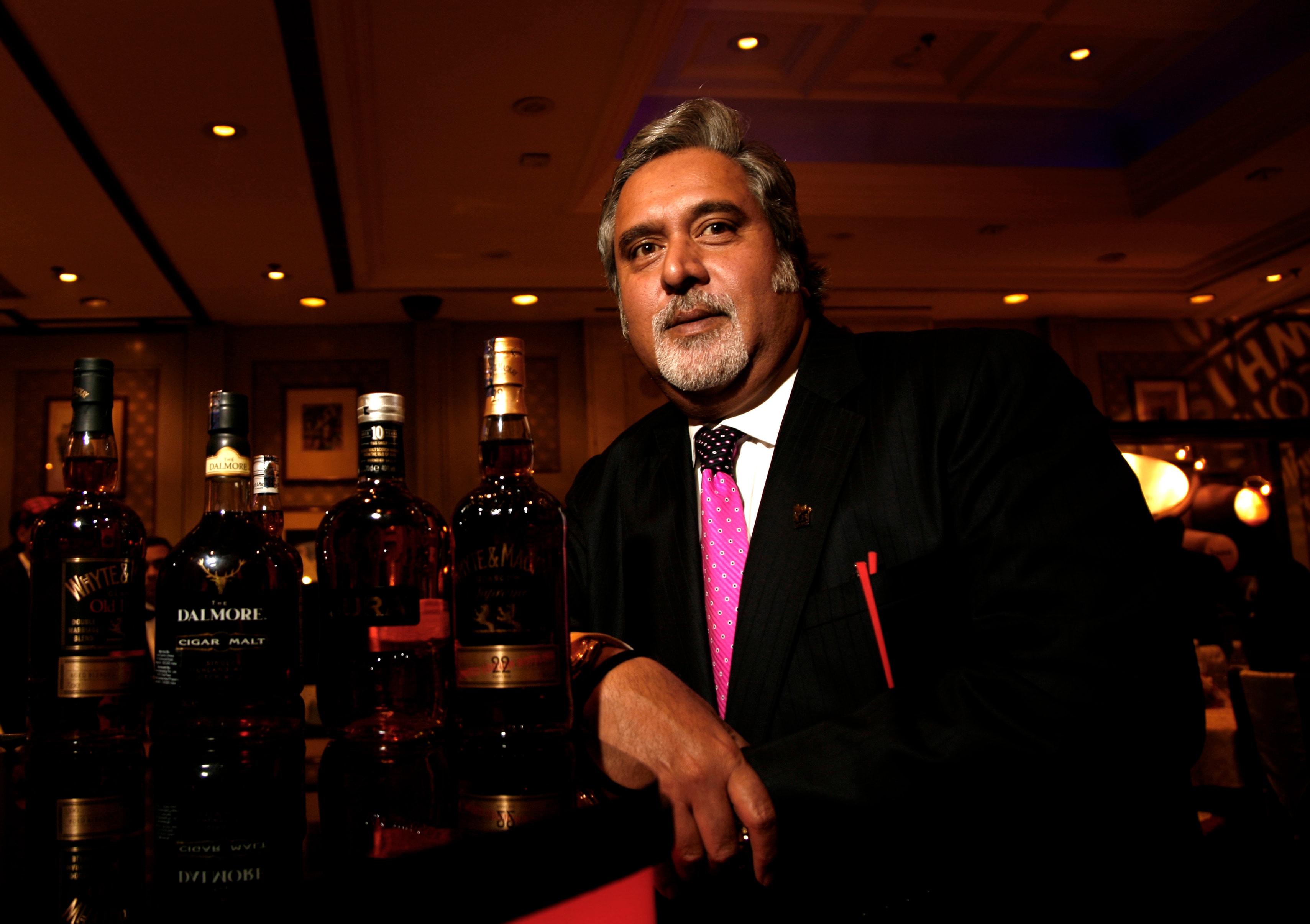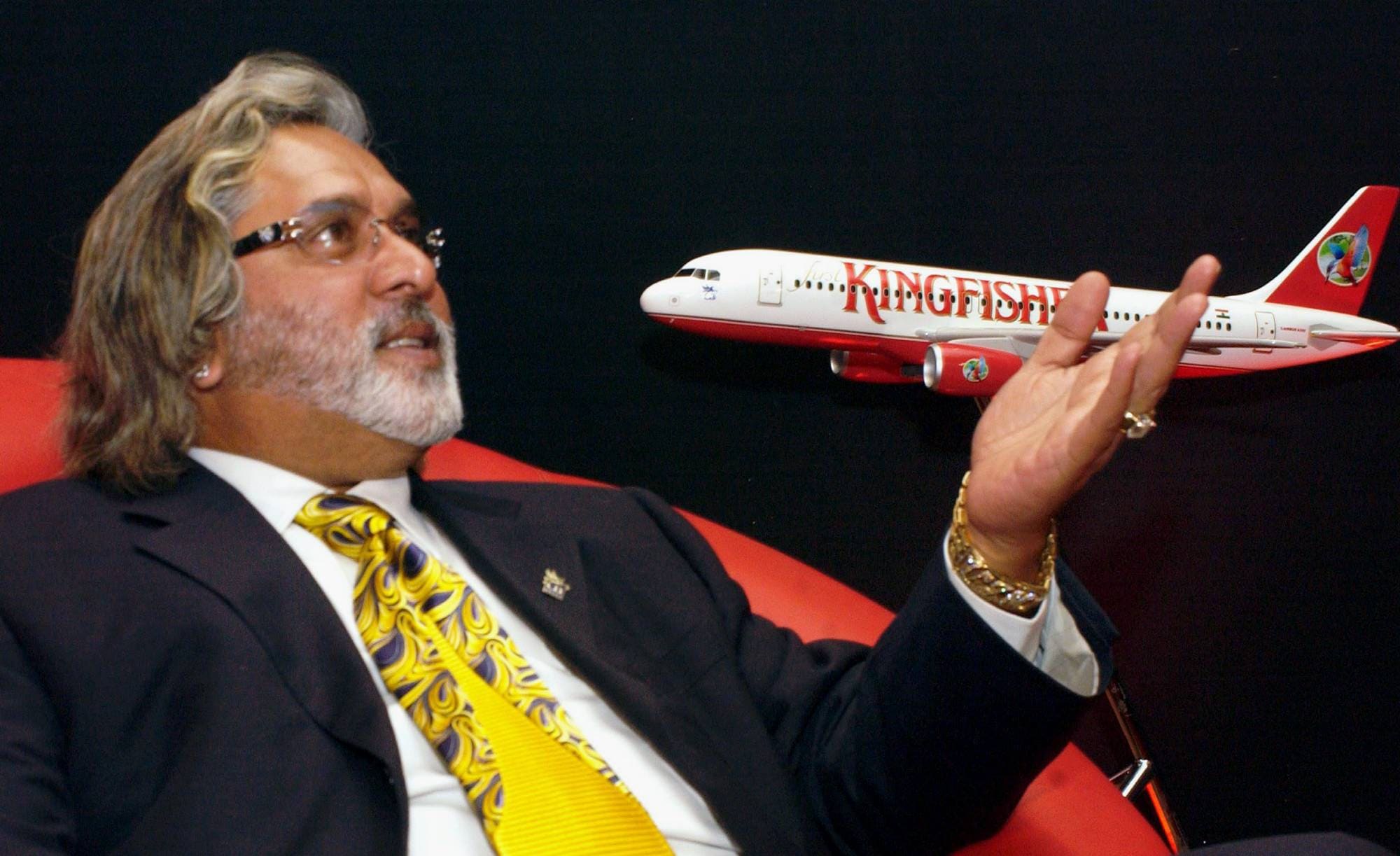The ‘King of Good Times’ wants to return to India and clear his name if promised a “fair trial and a dignified existence”, he said in a podcast recorded in London, where he has resided since leaving India in 2016. “We all know how long detentions and trials can last in India,” he said. “That’s not justice.”
But while the former liquor baron has legal remedies available to him to return to India and settle the outstanding cases against him, it won’t be a smooth landing, say legal experts.
“If Vijay Mallya steps off a plane in India, the legal chessboard lights up instantly,” said Ketan Mukhija, a senior partner at law firm Burgeon Law.
Mallya could voluntarily appear before the court and surrender, thereby invoking his right to apply for bail, including anticipatory bail, Mukhija said. Mallya’s legal team, however, would have to contest every existing arrest warrant, lookout circular, and non-bailable order, arguing on grounds of procedural irregularities or the absence of fresh incriminating evidence, Mukhija added.
Article 21 of the Constitution, which guarantees the right to life and personal liberty, including the right to a fair trial, would govern Mallya’s request for a ‘fair trial’, according to Ajay Khatalawala, managing partner at law firm Little & Co.
Mallya can also contest the tag of fugitive economic offender. The tag is proclaimed by a court when an individual accused of a serious financial crime, usually involving large sums, either flees the country or refuses to return to face trial.
If Mallya decides to return to India and surrender, he can file a petition seeking to have the declaration of fugitive economic offender rescinded. However, the court will only consider such relief if it is satisfied that the return is genuine and made without mala fide intent, Khatalawala said.

View Full Image
What Mallya said
The podcast called Figuring Out, hosted by Raj Samani, featured Mallya’s first public conversation in nine years, during which he claims to have not been given a chance of fair trial by the media. He claimed to be a victim of media sensationalism and political scapegoating.
“I regret one thing, which is that after all my hard work, all the value that I created in so many multiple ways, that effectively, the government of India and, of course, the media made me a zero from a hero. And that’s a fact of life that I have had to stomach and live with,” he said.
At a very young age, Mallya was “installed in the hot seat” as he became the chairman of the Bengaluru-based United Breweries Group after his father Vittal Mallya’s demise in 1983. Helming UB Group, Mallya built Kingfisher beer into a dominant brand with over 50% market share. The eponymous airline that followed in 2005 was his vision to “produce the best flying experience that India had ever seen”.
The acquisition of low-cost carrier Air Deccan in 2007 was widely blamed for Kingfisher Airline’s downfall. Mallya said the acquisition was a calculated consolidation and not a means to by-pass a rule that required an airline to be operational for five years before it could fly internationally.
The media made me a zero from a hero.
The downward spiral came after the 2008 global financial crisis. Mallya said he approached the then finance minister Pranab Mukherjee with his plan to downsize his airline. Mukherjee asked him not to downsize and promised the airline would be supported by banks, Mallya claimed. Mukherjee passed away in 2020.
With fuel cost rising and the government not allowing foreign investment in the aviation sector further complicated matters for Kingfisher Airlines, Mallya said. It was “the economy, the circumstances, the government policy then existing all conspired to create a perfect storm through which King Fisher could not survive”.
‘Paid more than what was due’
Mallya claimed in the podcast that while he owed only ₹6,203 crore to various banks, India’s ministry of finance has reported a recovery of ₹14,131.6 crore, which is “multiple times over.”
“I am not a chor (thief),” Mallya said, refuting allegations that he fled India in March 2016 to evade authorities following the bankruptcy of Kingfisher Airlines, insisting he had planned a visit to Geneva to attend an international conference.
Kingfisher Airlines, which was grounded in October 2012, ₹7,500 crore to lenders led by State Bank of India”>owed more than ₹7,500 crore to lenders led by State Bank of India. The airline had accumulated losses of ₹16,023.46 crore as of 31 March 2013. He was being investigated by the Enforcement Directorate (ED), the Central Bureau of Investigation (CBI), and the Serious Fraud Investigation Office (SFIO) for various economic offences.
But on 15 April that year, the ministry of external affairs suspended his passport. On the podcast, Mallya said he responded to a summons by the ED requesting more time to negotiate with his foreign collaborators to sell shares and settle the dues.
Asked why he didn’t fight harder to get his passport restored and return to India, Mallya said he was overwhelmed by the number of legal battles. “How many fronts should I open at once? These are expensive and time-consuming battles.”

View Full Image
Fugitive or fall guy?
Refuting allegations that he siphoned off funds from Kingfisher Airlines, Mallya said he infused ₹3,000 crore of United Breweries funds into the airline to keep it afloat. “Nobody talks about that. If I intended to steal, would I have pledged my own shares and given personal guarantees?” he said.
Mallya claimed that banks recovered double the amount he owed them by selling his assets. “Yet despite 15 formal requests, they haven’t given me a statement of account,” he said.
On the podcast, Mallya apologized for the non-payment of salaries to Kingfisher Airlines’s employees. He claimed he made repeated attempts to get the Karnataka High Court to release ₹260 crore that it had frozen so he could pay employee wages. “I offered settlements multiple times between 2012 and 2015 but they were all rejected,” Mallya said. “I am deeply sorry and I take full responsibility for it.”
Industrialist Harsh Goenka spoke out in Mallya’s defence. While Mallya lived a “high life” and had defaulted on loans, his dues have reportedly been settled, he said.
“Meanwhile, bigger defaulters walk free with much fatter haircuts from banks,” Goenka said on social media platform X. “If dues remain, the banks should clearly say so. If not, why is he still a political punching bag?”
Mallya replied to Goenka on X that the finance ministry had “confirmed in writing that Banks have recovered ₹14,100 crores from me against a DRT (debt recovery tribunal) judgement debt of ₹6,203 crores”.
Shriram Subramanian, the managing director of proxy advisory firm Ingovern doubts Mallya will return to India as there is no guarantee on what will happen to him.
“He has been the punching bag for all the large loan defaults by businessmen,” said Subramanian. “The cultivated political connections, lavish parties, and hi-profile public image makes him the ultimate fall guy.”
